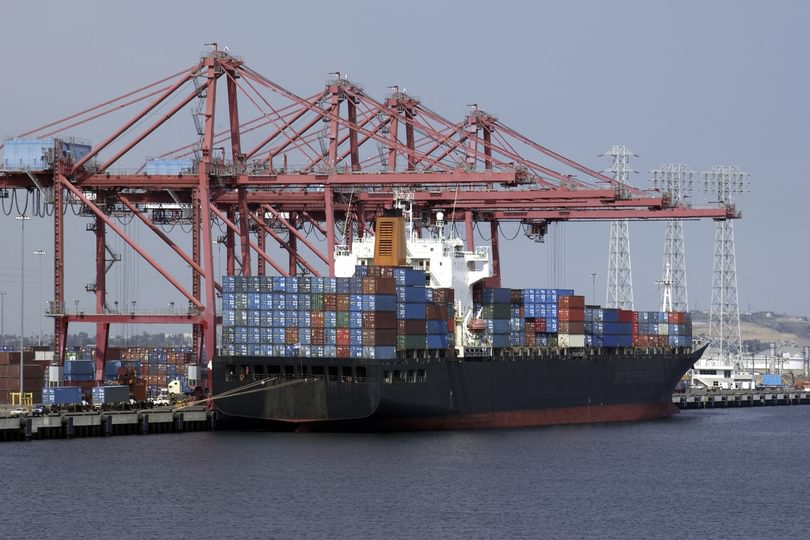
Professor Gideon Henderson from the Oxford Martin School’s 21st Century Ocean Institute is soon to lead a scientific expedition to the South Atlantic in order to investigate the ‘micronutrient’ metals that are affecting marine life, global climate and economies around the world.
The 39-day mission will cruise from Cape Town to Montevideo studying the processes which supply metals such as iron and zinc that are essential ‘fuel’ for ocean ecosystems.
24 scientists from 10 UK institutes, all part of the UK-GEOTRACES consortium, will be aboard the Royal Research Ship Discovery, one of the Natural Environment Research Council’s research vessels, to collect samples and carry out experiments.
‘Metals such as iron and zinc are vital nutrients for marine life and, by controlling the abundance of this life, they indirectly control the carbon uptake of our oceans and so affect our climate,’ said Professor Gideon Henderson. ‘Because they are present in seawater at such low concentrations they are difficult to measure but with this new expedition we hope to revolutionise our understanding of the metal ‘micronutrient’ cycle and gain insights into the past, present and future of Earth’s climate.’
Professor Henderson is also Co-Director of the School’s new Oxford Geoengineering Programme, which brings together academics from different disciplines to assess which proposed techniques could be employed to address climate change. The expedition to the South Atlantic will also study ocean chemistry which is vital in order to determine whether these proposed geo-engineering schemes such as ‘seeding’ the oceans with iron to increase their carbon uptake, might work.
The RRS Discovery will head to the South Atlantic where the ocean is particularly rich in life, but where the sources of micronutrients are a mystery. By collecting samples, and making a wide range of measurements both onboard and back in the lab, the research team hopes to learn how the metals enter and leave the ocean, and how their abundance in seawater influences marine biology.
‘Understanding changes in the productivity of our oceans will help us to understand global climate change,’ said Professor Henderson. ‘However, changes in marine ecosystems also have a wider impact: these ecosystems are vital for food production, biodiversity, international development, tourism, and pollution management. Any changes in the cycling of micronutrients in the South Atlantic will have an impact not just on the local area but also on the natural resources, economies and standard of living of countries around the world.’
The cruise will leave Cape Town, South Africa, on 17 October 2010 and is scheduled to dock at Montevideo, Uruguay, on 25 November.